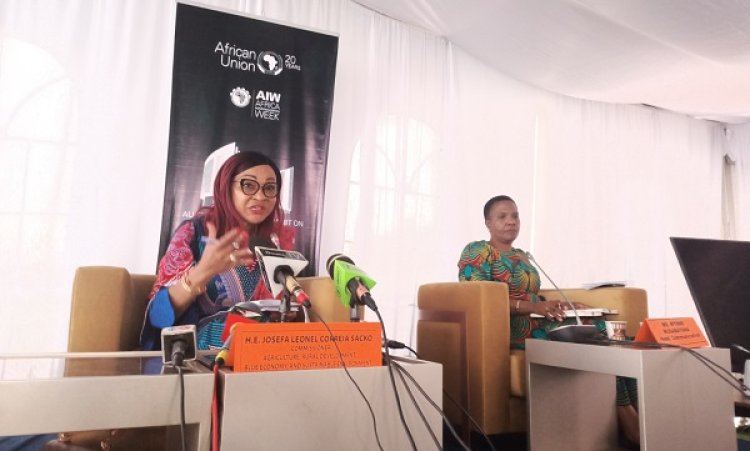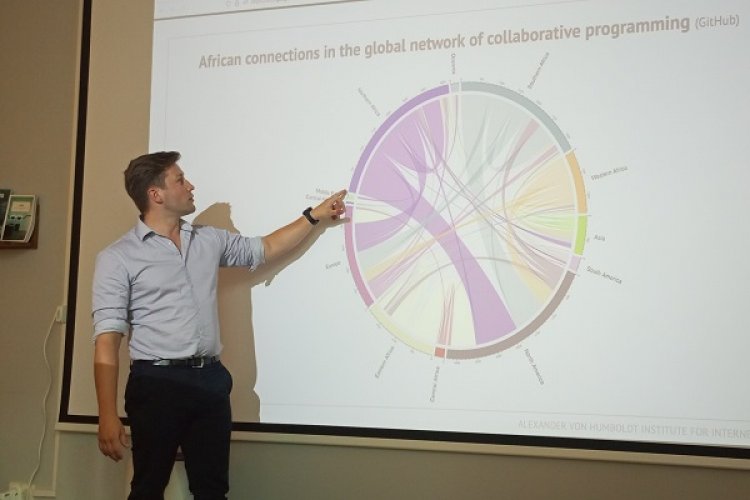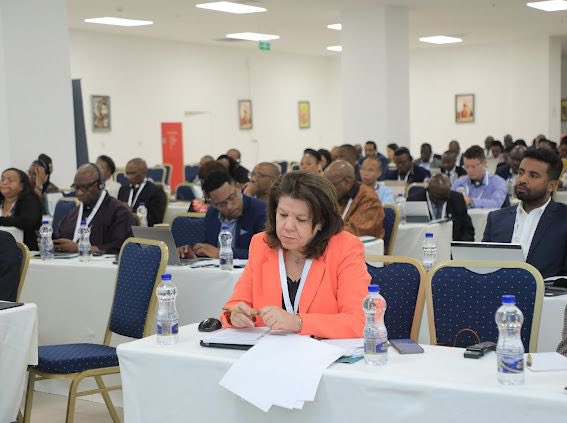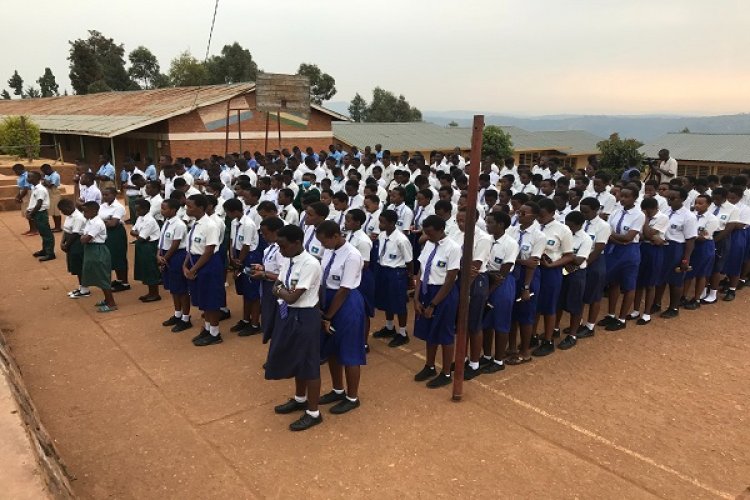Constraints linked to network reach, cost of devices, data and digital services access limitations are locking millions of people across Africa out of the digital market space, definitely acting as setback in governments’ drive to deliver the much-needed economic development and wellbeing for the citizens.
In particular, these barriers rob countries of potential to generate wealth and create employment as a wide range of digital services, mobile-driven trade and other innovations cannot exist in absence of reliable and widely available cellular networks and internet connectivity.
These challenges, alongside existing opportunities for mobile and digital services to grow economies and deliver transformation across the continent were widely documented in a new report published by the United Kingdom’s Department for International Trade (DIT).
The report titled The rise of Africa’s digital economy – tackling the ‘usage gap’ to create a thriving market for mobile services was released on the sidelines of the Mobile World Congress (MWC) Africa held in Kigali from October 25-27.
According to its findings, despite mobile digital services offering Africa massive potential to provide better access to health, education and trade, billions of people in remote regions of the continent are without coverage.
Barriers
And even where progress has been made on network connectivity, simply being within reach of 3G/4G is not always enough to guarantee adoption as factors ranging from network coverage gaps, social and cultural exclusion, digital illiteracy and lack of relevant localised content products continue to act as stumbling blocks.
Besides, adoption in regions which possess the handsets and the data is hindered by lack of affordability as cost of both smartphones and data remain high.
“There is need to collaborate with each other to solve some of these critical challenges that are posed in creating a robust digital economy across the continent,” Omar Daair, British High Commissioner to Rwanda, told a gathering of Africa mobile and digital economy leaders (photo below) in Kigali on October 25.

Also read: Sovereign data control could boost Africa’s ‘gig economy’
Experts say Africa being a mobile-first continent, it holds huge potential to develop forward-looking mobile services in entertainment, education, health, finance and more without the ‘baggage’ of legacy desktop methodologies.
DIT report data suggest mobile phones remain the primary tool for accessing new digital services by millions on the continent as they find it much more affordable, and hence are only gateway to the digital world.
“We know that digital trade and digital services powered through mobile is the future, and will be at the heart of growth in Africa. UK seeks to support the public and private sectors across Africa to establish a digital infrastructure that delivers for everyone,” said Jamila Saidi, DIT Head of digital commerce.
Rampant usage gaps
With half of global trade predicted to go digital by 2050, Ms. Saidi maintains that Africa’s digital future rests on extending the reach of affordability for cellular networks.
GSMA, the global mobile phone operator lobby group indicated in its State of Mobile Internet Connectivity report that there are 3.4 billion people who live within the footprint of a mobile broadband network but don’t use it – and 93 per cent of these people live in low- and middle-income countries.
Sub-Saharan Africa has a higher ‘coverage gap’ than most regions as it is home to 47 percent of the world’s uncovered population.
“Digital infrastructure is key, but it is not enough,” Rwanda’s President Paul Kagame told the Mobile World Congress. “To leverage potential of connectivity, investments in digital skills and literacy must be integrated in our national policies.”
President Kagame added that Africa is home to creative and tech-savvy youth looking for the right platform to contribute solutions.
“We cannot afford to reduce them to a statistic, only, or sit idly by, as they seek opportunities outside Africa,” he said.
Unique needs
Mobile and digital market players say content providers equally still have a daunting task to meet unique demands of African consumers in terms of language, culture and incomes.
They say users on the continent with thousands of languages need content, services and products that meet specific needs and capabilities and in the right language across sectors such as education, health and entertainment, among others.
Paywalls, narrative hurting Africa digital transformation drive – Experts










